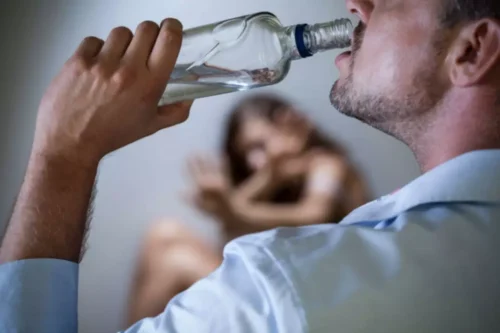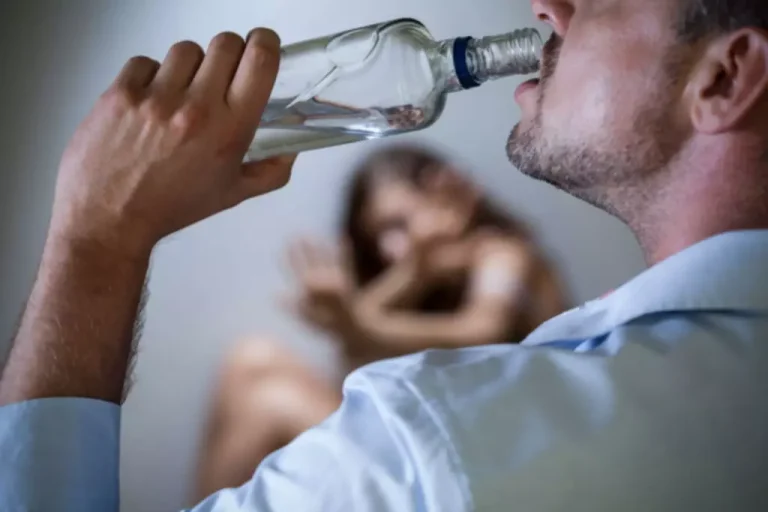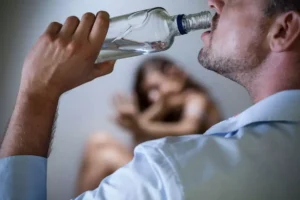Криптовалютная Торговля С Использованием Алгоритмов: Что Делает Алгоритмическую Торговлю Криптовалютой?
December 24, 2022What Trading Platforms Do Institutional Merchants Usually Use?
January 28, 2023
It is in accord with the evidence that the longer a person goes without using, the weaker the desire to use becomes. That view contrasts with the evidence that addiction itself changes the brain—and stopping use changes it back. Use of a substance delivers such an intense and pleasurable “high that it motivates people to repeat the behavior, and the repeated use rewires the brain circuitry in ways that make it difficult to stop. Evidence shows that eventually, in the months after stopping substance use, the brain rewires itself so that craving diminishes and the ability to control behavior increases.
Understanding Triggers and Their Impact
- A behavioral strategy is to call and engage in conversation with a friend or other member of your support network.
- One of the most challenging aspects of recovery is grasping the concept of relapse and learning tips for preventing relapses.
- This is not to say that a relapse should not be taken seriously.
- If a trigger is unavoidable, consider what you can do differently next time you face it.
- I have had two relapses in my many-year recovery journey.
- But if you do tell your recovery worker about your lapse or relapse, they will be glad you did.
It is crucial to reach out to professionals who can offer guidance and support. Clinicians, therapists, or counselors understand the complexities of addiction and relapse, and they can help navigate through this challenging time. Similarly, support groups provide a sense of community and understanding from others who have experienced similar struggles. Remember, relapse is a part of many people’s recovery journey, and seeking help is a sign of strength, not weakness. Write out both your recovery plan and your relapse prevention plan. Next to each, add the techniques you and your therapist or support team have come up with to manage it.
Four Key Steps to Finding Recovery after Addiction Relapse
Discover the flexibility, what to do after a relapse affordability, and success of outpatient addiction treatment for a fresh start. Understand ‘dependence vs. addiction’, unpack their complexities, and explore recovery strategies. Recognizing the significance of these stages aids in timely interventions. Early indicators of relapse may appear subtle yet are crucial for addressing challenges before they spiral out of control.
- Learning what one’s triggers are and acquiring an array of techniques for dealing with them should be essential components of any recovery program.
- Stop hiccups in their tracks with effective hiccup remedies after drinking – from simple techniques to innovations.
- Whether or not emotional pain causes addition, every person who has ever experienced an addiction, as well as every friend and family member, knows that addiction creates a great deal of emotional pain.
- In contrast, a true relapse involves a pattern of repeated drinking behaviors.
Learn What Caused the Relapse
Triggers can be emotional, environmental, social, or related to specific people or events. Reflect on the circumstances or feelings that preceded the relapse. This awareness can help in developing strategies to cope with these triggers in the future. It’s also helpful to discuss these triggers with a therapist or support group to gain further insights and coping mechanisms. Cognitive behavioral therapy (CBT) is an important tool for preventing relapses. It teaches you how to overcome negative thinking, which is often at the heart of a relapse.

However, it’s important to recognize that no one gets through life without emotional pain. And most people who experience trauma do not become addicted. Cravings occur because the human brain has remarkable powers of association. They are typically triggered by people, places, paraphernalia, and passing thoughts in some way related to previous drug use.

Addiction relapse is a challenging and emotional experience but it does not have to define your recovery journey. By understanding the common triggers, recognizing the warning signs, and implementing effective strategies, you can take proactive steps to prevent relapse and maintain your hard-earned sobriety. Relapse, a word that often carries a heavy burden of guilt and disappointment, is not uncommon in the journey of recovery from addiction. Whether it’s substance abuse, self-harm, or other harmful behaviors, the path to overcoming addiction is rarely linear.


Relapse is considered a common part of recovery, with relapse rates for substance use disorders (SUD) ranging from 40-60%. The best way to prevent relapse is to practice coping behaviors consistently, build a support system and avoid risk factors. Individuals who cut back on support group meetings, stop practicing coping behaviors and begin to think they can control their drinking or drug use increase their chances of relapse. A relapse (“lapse,” “slip,” “setback”) is one of the most frustrating, humiliating experiences you can face in recovery from any problem Alcoholics Anonymous habit.
Manage Stress Levels
- John C. Umhau, MD, MPH, CPE is board-certified in addiction medicine and preventative medicine.
- It’s also an opportunity to reinforce these positive habits, making them more readily accessible in times of stress or temptation.
- In a health condition, they involve the return of disease symptoms.
- Cravings can be dealt with in a great variety of ways, and each person needs as array of coping strategies to discover which ones work best and under what circumstances.
- Unmasking how normalization of drug use in society can lead to addiction, its impact, and prevention strategies.
Like when you first decided to seek help for substance abuse, admitting that you have relapsed and used drugs or alcohol, is incredibly difficult. The guilt and shame of straying from sobriety that you worked so hard to achieve can make you feel like a failure. But getting help as soon as you accept that you have relapsed is crucial to reclaiming your recovery and saving your life.
